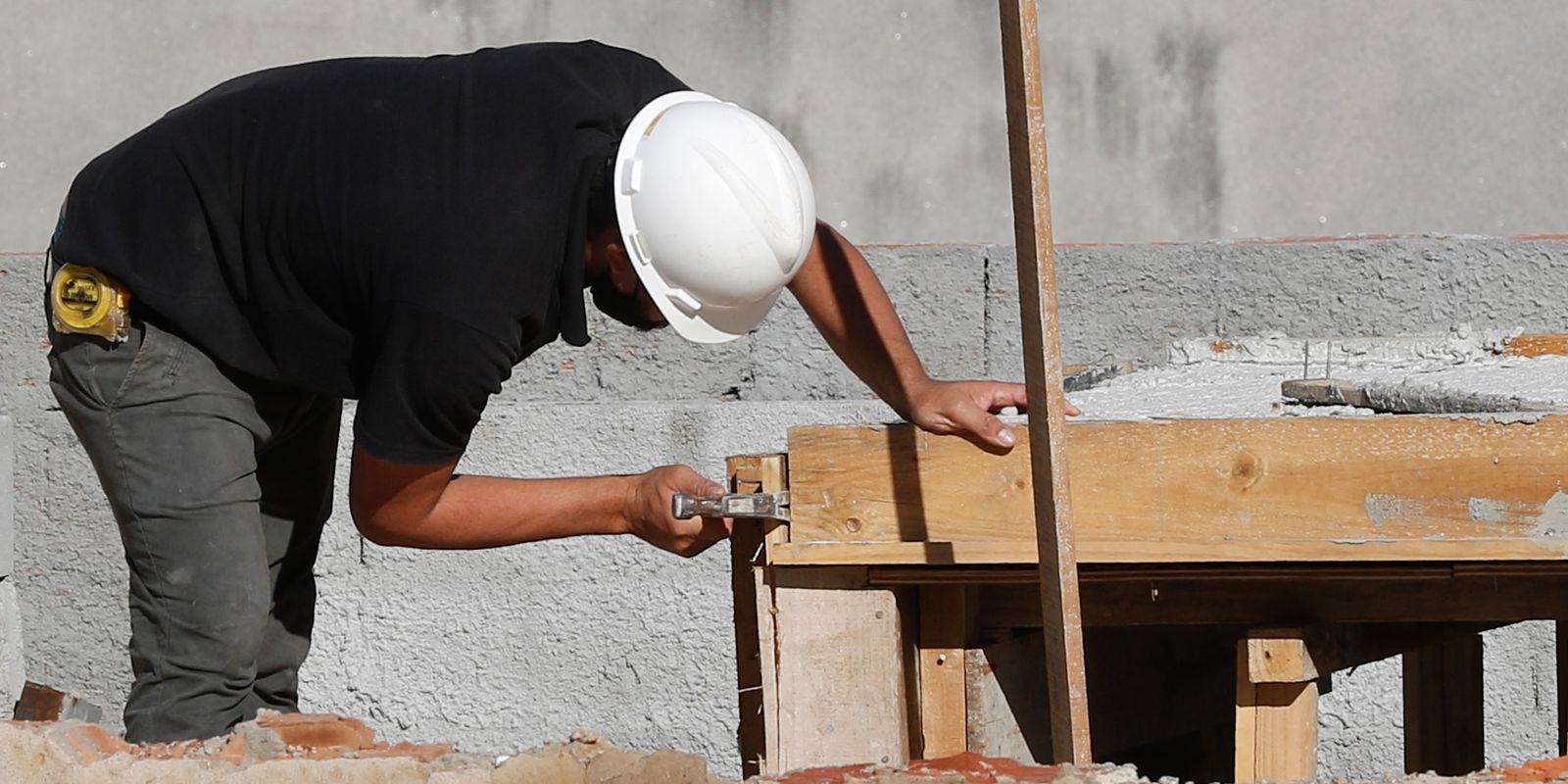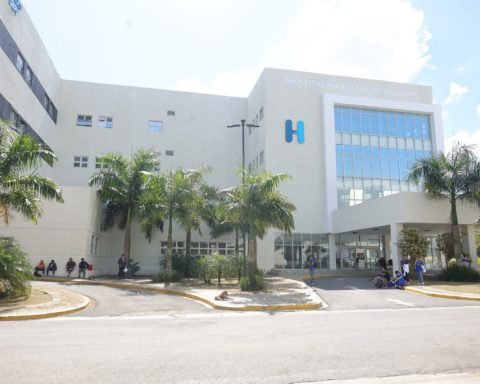More than an opportunity, becoming an individual microentrepreneur (MEI) was a matter of necessity for more than half of the people who had formal jobs and became MEI in 2022. The finding is part of a survey released this Wednesday (21) by the Brazilian Institute of Geography and Statistics (IBGE).
The study was conducted using data from up to 2022, when Brazil had 14.6 million MEIs, of which 2.6 million joined the legal profession in the last year of the survey. Of these, the IBGE only had information on the previous professional experiences of 2.1 million.
The data allowed IBGE to identify that 1.7 million MEIs had been laid off from their companies, either involuntarily, voluntarily or due to the end of a temporary employment contract.
When specifically analyzing workers who were dismissed by the employer’s will or with just cause, that is, laid off, the IBGE reached the figure of 1 million people. This contingent represents 60.7% of the total number of dismissed workers who became MEI in 2022.
For research analyst Thiego Gonçalves Ferreira, the data indicates that individual micro-entrepreneurship is often a matter of necessity. He assumes that entrepreneurship by opportunity occurs when a person plans the decision well before setting up their own business.
“We identify that the majority of MEIs would represent the type of entrepreneur by necessity, since the reason for the dismissal [do emprego anterior] It didn’t come from him, it was involuntary,” he explains.
MEI
Individual Microentrepreneur is the way in which the worker can formalize himself on his own, paying taxes in a simplified way and having access to social security rights, such as retirement due to age, disability, sickness benefit, maternity pay and survivor’s pension for the family.
To have access to the MEI, the worker must meet a series of requirements, including: performing activities that are on the list of permitted occupations; hiring, at most, one employee who receives the category’s minimum wage or a minimum wage; not being a partner in another company; and having an annual turnover of up to R$81 thousand (there are exceptions for turnover, depending on the activity).
The IBGE survey cross-references data from sources such as the National Registry of Legal Entities (CNPJ), Simples Nacional (Simei), Central Registry of Companies (Cempre) and Annual Report of Social Information (Rais). Rais is one of the sources of data on previous employment relationships of MEIs, such as the reason for dismissal.
Previous experience
When observing data from 2.1 million workers who were employed by other companies and became individual microentrepreneurs in 2022, it is clear that some segments of self-employment are closely linked to the person’s previous occupation.
The construction segment stands out the most in this correlation. Three out of four MEIs (76.4%) in this segment previously worked as bricklayers. In the transportation, storage and mail segment, 61.6% worked as truck drivers before becoming MEIs. In the accommodation and food segment, 40.9% were cooks.
“This previous experience can determine the entrepreneur’s success”, assesses the IBGE analyst.
Although the IBGE historical series begins in 2020, the research manages to identify that 80% of MEIs established in 2019 had a survival rate after three years, that is, they continued to exist.
X-ray of MEIs
The 14.6 million individual microentrepreneurs found by IBGE in 2022 represent an increase of 11.4% compared to 2021 (13.2 million) and 18.8% of the total number of employees by companies in the country.
Just over half (51.5%) of MEIs work in the service sector. In terms of participation, of all workers in the service sector, 17.3% are MEIs.
The sector with the largest share of MEIs is construction. Almost a third (31.4%) of workers in this activity are microentrepreneurs.
With around 4 million MEIs, São Paulo is the federation unit with the most microentrepreneurs, representing 27% of the country’s total.
From 2020 to 2022, 7 million workers joined the MEI, which means that practically half (48.6%) of the MEIs existing in Brazil emerged in this three-year period.
The survey also shows that less than 1% (0.9%) of MEIs employ another person. The IBGE also found that 38% of MEIs operate at the same address as the worker.
Of the total number of MEIs in 2022, 28.4% of them (4.1 million) were registered in the Single Registry (CadÚnico, a government list that identifies low-income families). Of those in CadÚnico, half (49.8%) were beneficiaries of Auxílio Brasil (in 2023, the federal government’s welfare program was renamed Bolsa Família).
Experimental statistics
IBGE classifies the study Statistics on Individual Microentrepreneur Registrations 2022 as experimental, as it is a new research, with a historical series starting in 2020.
“This makes us cautious when interpreting the results,” ponders Thiego Ferreira.


















